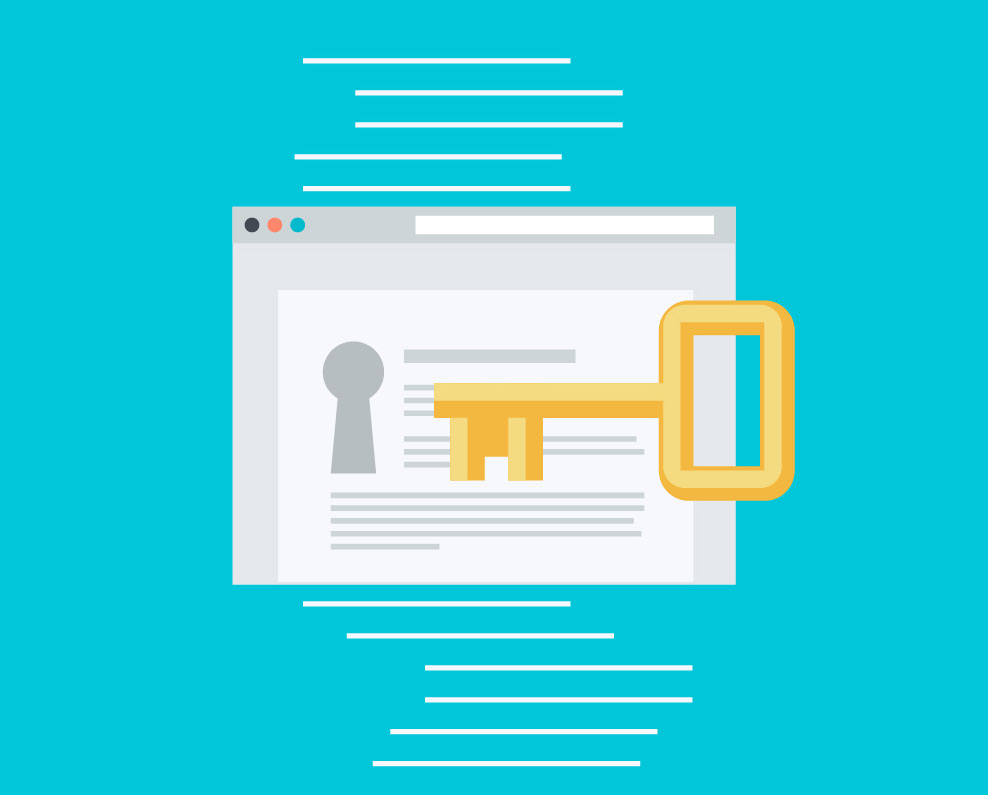Cybersecurity Practices You Can Do From Your Office Or Home

In a vastly growing digital world, our lives at work and home need protection from cyber threats. Although we often leave the security up to the pros, we can incorporate many Cybersecurity Practices into our daily lives that do not require an expert.
Threats: What do Cybercriminals like to target?
In-Office:
When it comes to a cybercriminals mindset, they want money. Therefore, any information with monetary value will be a target. A cybercriminal will target any financial and personal info in the office and even hold your data for ransom until you pay the ransom.
At Home:
Your personal information can be worth quite a lot on the black market. Cybercriminals will often make attempts to steal your identity and your financial accounts. In some cases, a cybercriminal may attempt to hold your home network hostage. Homeowners have even reported being targets through their own devices, such as printers, baby monitors, and digital assistants like Siri and Alexa.
Basics of Protecting Yourself
Knowing what cybercriminals are after is the first step to Cybersecurity Best Practices. So first, let us take a look at the basics. Your first line of defense is:
Strong Passwords
Generating solid passwords for your online accounts makes it nearly impossible for someone to guess. Weak Passwords include birthdates, graduation dates, family names, and pet names. The foundation of a strong password has at least uppercase letters, lowercase letters, numbers, and special characters.
Avoiding Phishing Attempts
If it sounds too good to be true, it isn’t. Cybercriminals will pretend to represent something they are not. For example, they can pose as Paypal, Amazon, Netflix, and Apple representatives and give you a link to a fake login screen.
Avoid Dangerous Websites
Visiting the wrong website can lead to malware infecting your network. Luckily, If you are about to access a dangerous website, your browser will warn you most of the time.
Cybersecurity Practices From You can Do Today
With the basics out of the way, let’s look at the extra measures you can take to secure your home and business.
1. Enabling Multi-Factor Authentication(MFA) for Your Online Accounts
MFA is the second form of verification that prevents unauthorized users from accessing your accounts. MFA works by sending a unique login code to your devices and designated email accounts. Thus, if a cybercriminal attempts to access your account, you will immediately receive a notification. Many services such as online banking and email accounts offer this feature for free and are easy to set up.
2. Setting Up a Verification Process for Your 3rd Party Vendor Payments
Many SMBs rely on vendors to keep their day-to-day operations running smoothly. Unfortunately, cybercriminals will depend on moments of inattentiveness during payment processes and issue fake invoices. This action is called wire transfer fraud. It is possible to avoid wire transfer fraud by setting up verification processes and procedures to secure your supply chain. Additionally, many of these scams come in the form of phishing emails. At home, a similar occurrence can take place when shopping. When shopping through sources for unique goods and gifts, verifying the site before sending payment is essential. Be acutely aware when transferring money to vendors or online shopping sites.
3. Connecting to Unsecured Networks
Our private network usually protects us at home and in the office. Still, sometimes we need to connect our personal and work devices to unsecured networks like coffee shops and retail stores. Unfortunately, these networks can be easily accessible by cybercriminals looking to steal private information. Lucky for you, there are ways you can prevent your data from leaking while using these convenient wifi spots. Using a personal device, you can easily set up an internet security program like McAfee or Norton. Most of these programs come with a VPN that is capable of encrypting your traffic. Using an office workstation or device, you may already be protected. If your business is outsourcing its I.T. services, knowing what internet security software your MSP provides is essential. There is a possibility that they have already pre-loaded software onto your workstation.
Since 2020, cybersecurity experts all over the world have reported a significant increase in cybercriminal activity. According to the NETSCOUT Threat Intelligence Report 2021, an estimated 29 thousand cyberattacks happened per day in the first half of the year. Furthermore, the report mentions that the attacks are only going to increase. So be sure to arm yourself with the knowledge to protect your business and home from cyber threats.
About the Author
 Nathan Montgomery, Contigo Technology.
Nathan Montgomery, Contigo Technology.
Contigo Technology is an I.T. Services company based in Austin, Texas. Contigo wants to be the partner that assures your I.T. resources work for you. We provide small and medium businesses with the resources of a fully staffed I.T. department at a fraction of the cost.
Posted in: Security and IT, Small Business, WWW Learning Center
Comments are closed.
Latest & Greatest
- Beyond Pretty Pictures: Why Solid Web Design Matters (More Than You May Think)
- Getting Creative with Your 404 Not Found Page Design
- Web Design Solutions: Which Option Is Right For You?
- Maximize Your Site Redesign Budget: What Texas Web Developers Need From You for a Cost-Effective Collaboration
- Responsive Web Design in Austin: Why It Matters For Your Local Business
- How to Prepare Your Website for a PR Campaign
- Why Defining Your Organization’s Strategy is Key to Brand and Marketing Development
